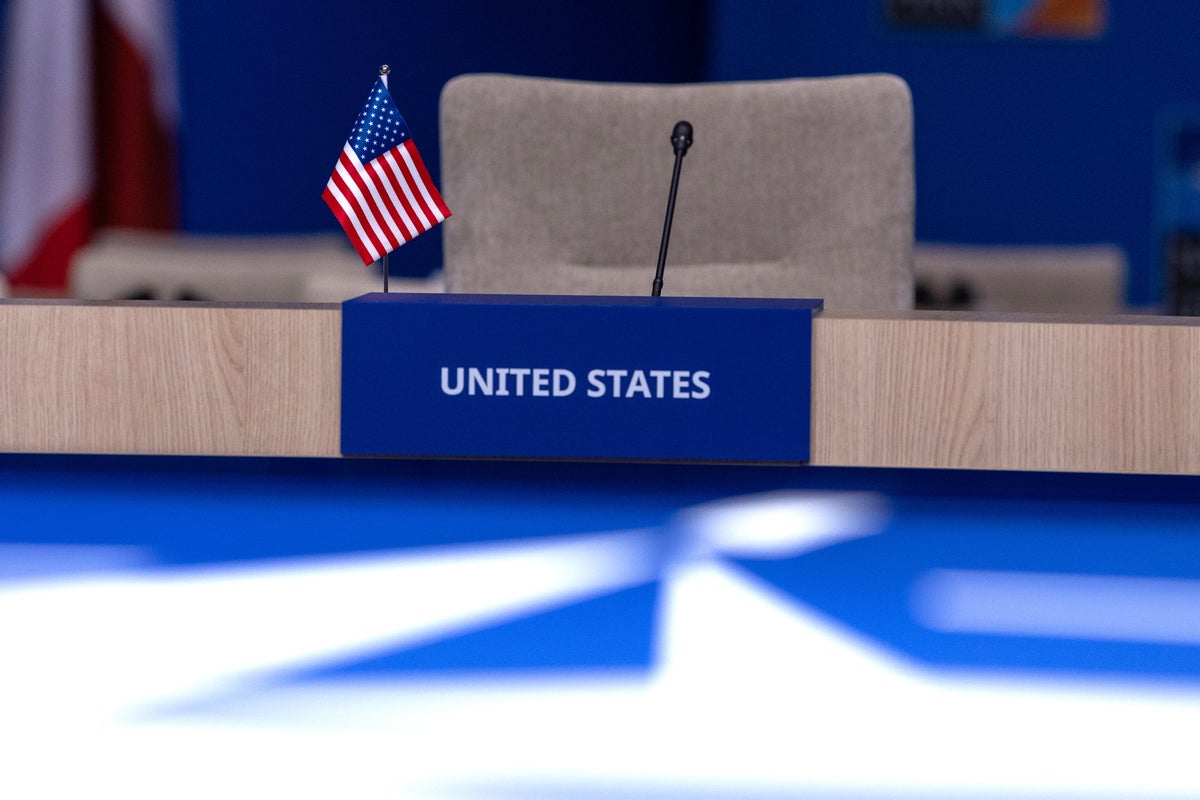On Tuesday, two major diplomatic happenings will get underway: the start of a NATO summit in the Netherlands, which President Donald Trump is expected to attend, and the reported beginning of a ceasefire ending the hostilities between Israel and Iran.
The president’s decision to unilaterally intervene in the latter could drastically change the former, European officials and commentators suggest.
“Of course, the news about Iran is at this moment, grabbing all the headlines,” NATO Secretary General Mark Rutte told reporters on Monday.
NATO leaders had hoped the two-day summit would be short, sweet, and concrete, producing a commitment from the 32 member nations to spend five percent of their GDP on defense, a figure high enough to reverse what Trump sees as decades of Europe freeloading on American defense largesse, reenergizing US interest in the transatlantic alliance after Trump once suggested the US might do its “own thing” if its allies didn’t invest more.
Planners for the event reportedly sought to appeal to Trump by throwing a lavish dinner at the Dutch king’s palace and tiptoeing around the role of Ukraine’s Volodymyr Zelensky.
As the war between Israel and Iran intensified, Trump seemed to be charting a different course from his allies on a number of issues.
The US operation to launch strikes on multiple Iranian facilities was underway on Friday even as European diplomats attempted to negotiate with Tehran in Geneva over the war and Iran’s supplying of drones to Russia.
The 15-ton US bunker buster bombs that hit Iran’s nuclear site at Fordow were another reminder of the vast distance on the Iran issue between Europe and the US, which pulled out of the Iran nuclear deal during Trump’s first term.
The same day as Europe was attempting in vain to stall further hostilities with Iran, Trump suggested the US might not need to hit the five percent defense spending target.
“I don’t think we should, but I think they should,” Trump said of European nations.
The stance, after months of American tariffs on European nations and quickly eroding support for Ukraine, left some European observers alarmed over what Trump may do if he attends the summit.
“Our American ally has became so elusive and hostile that no one dares to imagine how this NATO summit will unfold,” columnist Sylvie Kauffmann wrote in the French newspaper Le Monde.
Trump is not the only wildcard at the summit.
Last week, Spanish Prime Minister Pedro Sánchez warned in a letter to Rutte that his country “cannot commit to a specific spending target in terms of GDP.”
On Monday, Rutte fired back, insisting NATO members don’t have the option for “opt-out” provisions or “side deals.”
“The fact is that Spain thinks they can achieve those targets on a percentage of 2.1 percent,” Rutte said. “NATO is absolutely convinced Spain will have to spend 3.5%, to get there.”

